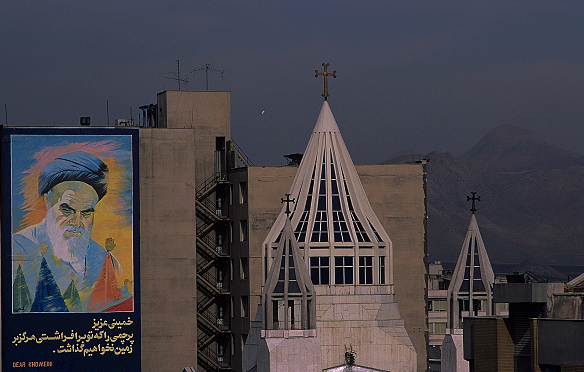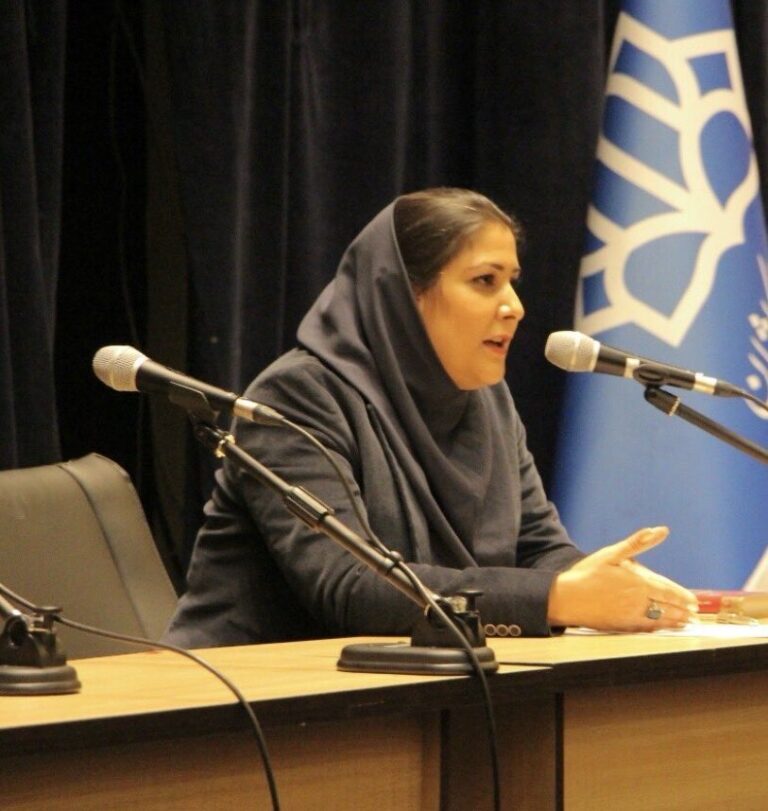Churches and synagogues in Tehran are no longer tax exempt, according to a report from Iranian Christian news agency Mohabat News.
The Assyrian representative to the Iranian parliament, Yonathan Betkolia, criticised the move, saying churches and synagogues should be afforded the same rights as mosques, including subsidies for water, gas and electricity.
Currently the development only affects churches and synagogues under the jurisdiction of Tehran City Council, but it is believed highly likely that it will be rolled out across the rest of the country in due course.
The news comes as the state-backed Press TV highlighted the restoration of an Armenian church in Tehran. However, Article18’s Advocacy Director, Mansour Borji, noted that the report failed to mention that “more churches have been demolished, confiscated or rendered ‘non-operational’ since the Islamic revolution than have been ‘restored’”.
Earlier this year, Article18 reported on the forced closure of an Assyrian church in Tabriz, northwestern Iran.
That church had itself been previously “confiscated” by Revolutionary Court order in 2011, as Mr Borji explained at the time:
“Many churches owned by Protestants have been confiscated in Iran. In most cases the government has been unable to repurpose them, especially if they were listed. So they typically remain as empty buildings, often neglected, and turn into ruins before being demolished, as was the case with the church in Kerman.”
Christians from Iran’s historic Assyrian and Armenian communities are a recognised minority, who are usually able to freely practise their faith, providing they don’t open their doors to Muslim-born Iranians by holding services in Persian.
But if they are perceived to have stepped out of line, these Christians can face criminal charges, as happened with the Assyrian pastor Victor Bet-Tamraz, who was sentenced to 10 years in prison for his leadership of an underground “house church”.
Such “house churches” have mushroomed in Iran over the past few decades, as more and more Iranians have converted to Christianity. There are believed to be well in excess of 500,000 Christian converts in Iran, worshipping in these secret churches. But when they are discovered, converts face charges of “acting against national security” and prison sentences of up to 10 years.




0 Comments
Trackbacks/Pingbacks